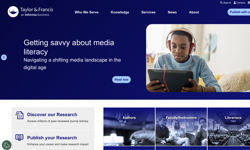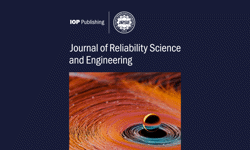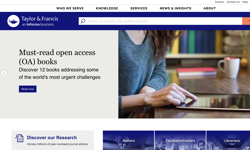
Academics from 107 countries will be able to publish their research open access in Cambridge journals at no cost to them, says Cambridge.
The Cambridge Open Equity Initiative allows scholars to reach the widest possible audience by making open access a free option for them.
The publisher is seeking support for the initiative from institutional partners, such as major university libraries, to make it sustainable. Institutional customers will join Cambridge University Press in making voluntary contributions to the initiative to support authors in lower income countries.
The move will help overcome financial barriers to publishing open access research in countries where research funding is scarce, added the publisher.
This fund will be a publisher-library collaboration, recognising the role multiple stakeholders are playing in the open access transformation.
From 1 July 2023, Cambridge says authors from 5,000 institutions in 107 countries will not need to apply for funding to publish under the Cambridge Open Equity Initiative, which covers 400 Cambridge journals.
Cambridge University Press will automatically recognise eligibility of corresponding authors when a paper is accepted. Cambridge will also remove fees for independent scholars from those low and middle-income countries, using a form.
Institutional customers will join Cambridge University Press in investing in the initiative to support peers in lower income countries.
Under the current system, without fee waivers, Article Processing Charges for gold open access publications are typically around £2,000 or $3,000, varying by journal. Authors at institutions with ‘transformative agreements’ – primarily in high income countries – can avoid such charges.
Earlier this year, Cambridge announced that more than half of its research papers are now published open access, as the publisher moves to make the vast majority freely available to all by 2025. The Cambridge Open Equity Initiative aims to accelerate this transition, particularly for scholars outside of high income countries.
Mandy Hill, managing director of Academic at Cambridge University Press & Assessment, said: “We want to publish the best research, wherever it comes from. As open access shifts costs from readers to authors, we should guard against unintended consequences - especially in an unequal global higher education system.
“We have chosen to take this collaborative approach to create the fund rather than adding more on to article processing charges and transformative agreement prices, as we believe it gives greatest transparency.
“We cannot do this alone. We are grateful to our partners, including librarians and university leaders, for recognising the opportunity to accelerate open research worldwide. We will continue to push for a more open global research system.”
Professor Dixon Chibanda of LSHTM, joint editor-in-chief of Cambridge Prisms: Global Mental Health and founder of Friendship Bench, Zimbabwe, said: “This will enable the rich practical lessons from the Global South to be shared with the global scientific community. I hope other major publishers will follow.”
Curtis Brundy, associate university librarian for scholarly communications and collections at Iowa State University, said: “We have to maintain our focus on equity as we transition to open access. The Cambridge Open Equity Initiative helps the community to overcome both financial and administrative barriers, ensuring that scholars have the opportunity to publish regardless of the availability of funding.”
Keep up-to-date with publishing news: sign up here for InPubWeekly, our free weekly e-newsletter.









